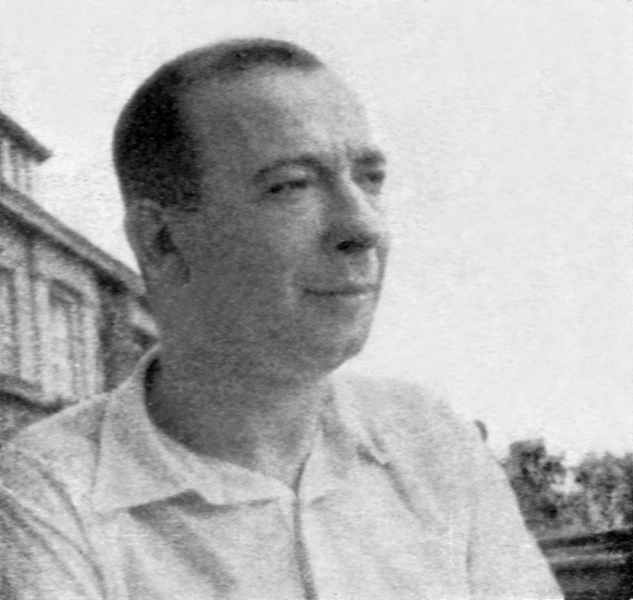Here there are the living, but already dead – with such words the Dachau camp commandant “welcomed” the newly arrived prisoners in his speech. Grzesiuk was sent to Dachau in April 1940 to work in the penal company. He spent four months in this, exemplary for others, Nazi camp. In August he was transferred to Mauthausen, and in January 1941 he was transferred to the Gusen I camp. He recalled the constant changes as follows:
Conditions at Mauthausen could be called paradise compared to Gusen, just as conditions at Dachau could be called paradise compared to Mauthausen. (…) March to Gusen. This time we were not beaten as we were on the way to Mauthausen. We walked quietly and peacefully. On the way we did not meet civilians(…) Only in one cottage on the road did I see through the window a woman standing in the depths of the room looking at us, and it was clear that she was crying because she was wiping her eyes with a tissue.
In his memoirs, Stanisław Grzesiuk described living conditions, the behavior of the camp crew and other prisoners. He drew particular attention to the brutality of the functionary prisoners, the so-called kapos. At first he was a “muslim,” which in camp jargon meant a prisoner extremely exhausted by work and hunger. Over time, thanks to his acquired acquaintances and his own inventiveness, his condition and position improved considerably. Such prisoners were called aristocrats or prominents. Grzesiuk also became a prominent thanks to the fact that he was musical. When he bought a mandolin in the camp he and other prisoners formed an orchestra that played for extra rations.
I was the leader of the orchestra. As the one who organized the band (…) we were all very popular in the camp and enjoyed great success, (…) we played basically only Polish melodies – often patriotic and national.
The last weeks and days before liberation were very nerve-wracking for the prisoners. The SS planned to murder all remaining prisoners (about 20,000) in tunnels dug into the mountainsides. The entrances to the tunnels were to be blown up, and the prisoners gathered inside were to die from lack of air. In late April 1945, during an air raid alert, the prisoners were rushed into the tunnels. However, the plan did not come through.
On May 5, 1945, American troops entered the Gusen camp area. Stanislaw Grzesiuk remembered the moment this way:
When I saw the tank and the soldiers, I lost all sense of reality. I got dizzy, somehow my throat became sweet, I feel tears flying – and I scream. I scream as much as I have strength in my lungs. I scream just as all the people grouped on the parade ground screamed. At that time, the Polish flag was pulled to the top of the flagpole standing on the roll call square, followed by the flags of other nations.
